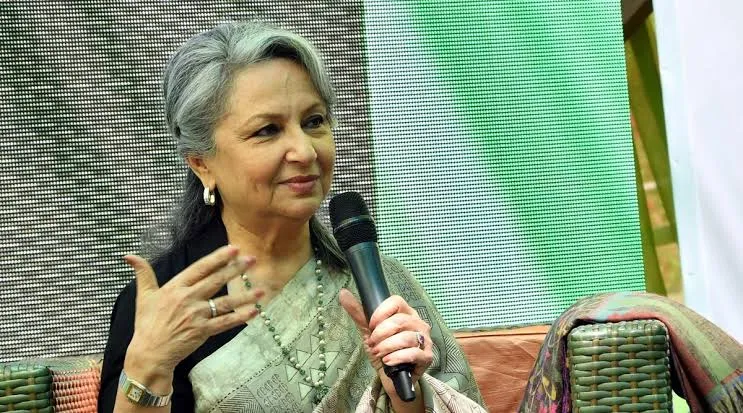The Citizenship Amendment Act (CAA) Rules, 2024, which opened implementation and granted quick citizenship to members of persecuted minorities in the Islamic countries of Pakistan, Bangladesh, and Afghanistan, were agreed to be heard by the Supreme Court on Friday. The court also decided to hear the appeals on March 19. Judges JB Pardiwala, Manoj Misra, and Chief Justice of India DY Chandrachud granted senior attorney Kapil Sibal’s request on behalf of one of the petitioners in the case.
Sibal brought up the urgent hearing and stated, “The CAA was passed in 2019.” No stay was allowed because there were no rules in place at the time. They have now announced the rules in advance of the polls. If citizenship is awarded, it cannot be taken back. Thus, it is possible to hear the interim application.” None of the petitioners has the right to contest the citizenship award, according to Solicitor General Tushar Mehta, speaking on behalf of the Center. The bench then declared that all applications requesting a stay of the rules would be listed for Tuesday’s hearing.
The contentious Citizenship (Amendment) Rules, 2024, which the Central government announced on March 11th, essentially put the controversial CAA of 2019 into effect. A day following the Central government’s release of the CAA Rules, the Indian Union Muslim League (IUML), a political party based in Kerala, petitioned the Supreme Court to halt the Rules’ execution. A political party based in Kerala demanded that the contested statute and regulations be set aside and that no measures of coercion be applied to individuals within the Muslim community who have been denied the benefits of this law. In addition to the IUML, other parties that filed applications for a stay on rules included the Democratic Youth Federation of India (DYFI), Debabrata Saika, the Leader of the Opposition in the Assam Assembly, Abdul Khaleque, the Congress MP for Assam, and others.
The IUML (petitioner), one of the first parties to challenge the CAA before the top court in 2019, filed an application seeking a stay on the Rules, claiming that it establishes a “manifestly arbitrary and discriminatory” regime based solely on religious identity by creating a “highly truncated and fast-tracked process” for the grant of citizenship to non-Muslim migrants from the specified countries. According to the plea, the Rules are blatantly arbitrary and give a certain group of people an unfair advantage based only on their religious identity, which is against Articles 14 and 15 of the Indian Constitution.
The plea said, “Since the CAA is discriminates on the basis of religion, it strikes at the root of secularism, which is the basic structure of the Constitution… India’s constitutional framework, read with obligations under the international law, mandates a framework of refugee protection that is non-discriminatory.”
Plea said Act and Rules would result in valuable rights being created and
citizenship being granted to persons belonging to only certain religions, thereby resulting in a “fait accompli situation”.






















